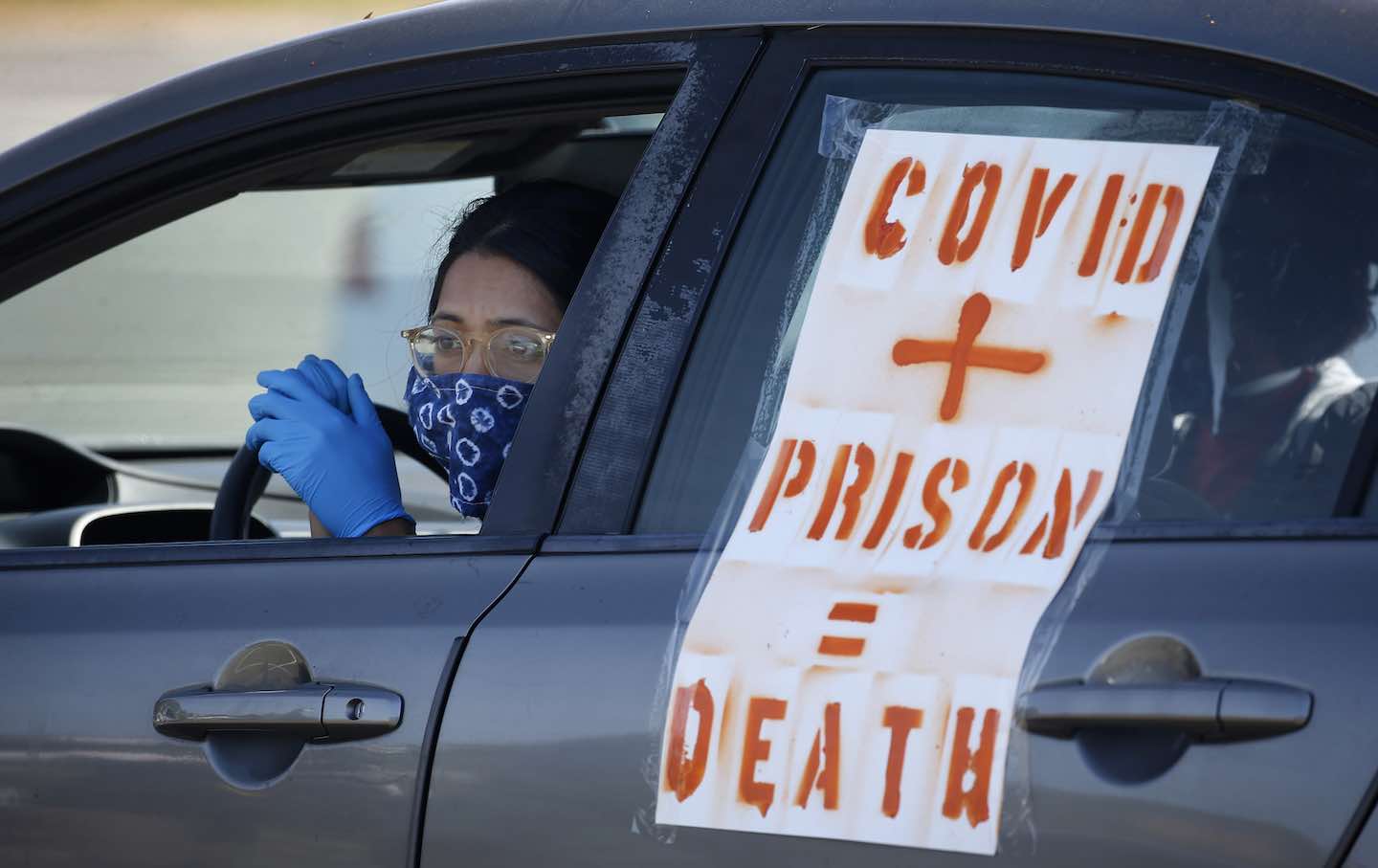The controversy ended on October 15 at the trial of Eris Nix and Jeremy Calicum, founders of the Drug Users Liberation Front (DULF), a Vancouver-based “compassion club” that typically operates outside the law, providing vital services to the most likely victims of poorly handled health crises. The couple faces up to 40 years in prison for drug trafficking. But don't get it twisted. This is not the run-of-the-mill case of people worshiping cops and saying drugs are ruining society that dominates America's bogus drug discourse. Nyx and Calicum are heroes, and I am ready to fight anyone who says otherwise.
I hung out with the couple on Saturday after the trial at the Ivanhoe Pub in Vancouver, although alcohol is neither my drug of choice nor theirs. Your first impression is that they are an eccentric and beautiful amalgamation of Matthew McConaughey's portrayal of Ron Woodroof in the film. Dallas Buyers Club. Carrot: Calicum is a quiet, charming and patient person. Stick: Nyx is cruel, abrasive, and does not suffer fools. Second impression: these are deeply principled people. And thirdly, you would be proud if one of them were your own child.
Just ask the stream of supporters who filled the courtroom during the trial. Or read any of the articles published in respected publications such as Guardian And Economist This highlighted their innovative approach to drug overdoses before their arrest on October 25, 2023. And that's not to mention the lives they undoubtedly saved, or the government hypocrisy they exposed.
The thirty-something Canuck duo formed DULF after they got tired of watching their family, friends and neighbors die from drug overdoses. Both had worked in and around organizations providing services to drug users long enough to see first-hand how most deaths are caused by contaminated substances from the illicit drug market, notorious for its unpredictable and sometimes toxic supply.
They also know that there will always be a certain group of people, despite the risk, who will continue to seek out illegal drugs to get high. So when British Columbia officials declared this rise in deaths a public health emergency, essentially using the situation to push through the same tired teetotaling interventions that created this mess, it was simply too much to stomach.
Back in December 2016, 161 people died from overdoses in British Columbia. It was the highest number of people ever killed in the province in one month, prompting the government to declare a public health crisis. By August 2022, their number will increase to 169 people. So Nix and Calicum turned their idea into a full-fledged club with a storefront in Vancouver's east end, where fatal drug overdose rates fluctuate. from 15 to 25 times higher than the figures in United States and the rest Canada.
Nix and Calicum purchased heroin, cocaine and methamphetamine. drugs that most often cause overdose— from online sources known for stocking high-quality medicines and testing purchased products for purity before selling them at cost to their 47 DULF members. They explained that purchasing quality medications on the deep web is quite difficult even for most people with stable jobs and housing, let alone those who do not have such basic needs. In keeping with best social service practice, they sought to meet club members where they were located. This was the protocol from August 2022 to October 2023.
Their goal was to prevent overdoses by making available drugs free of dangerous impurities. And it worked. Not a single Compassion Club member died in 14 months. Moreover, a detailed analysis of data collected during this period showed that club membership was even associated with a significant reduction in non-fatal overdoses. International Journal of Drug Policy recently published these conclusions.
But even an undeniable success story is not immune to obsessive politicians who scapegoat drugs for all of society's ills. This is one of the few issues on which both Canadian liberals like Kevin Falcon and conservatives like Pierre Poilievre passionately agree to be wrong together. These pranksters managed to distort the activities of DULF in order to turn opposition to it famous casearguing that it will inevitably lead to overdoses, homelessness, unemployment, as well as other intractable pre-existing problems in the Downtown Eastside.
Then in October 2023, Vancouver police raided DULF, arrested Nix and Calicum, and shut down their store.
The Crown argues this is a standard case: Nix and Calicum were involved in drug trafficking, period. But the facts suggest things are much murkier.
First, DULF diligently kept officials informed of its exploits every step of the way. For example, a recording played during the trial revealed that Nix and Calicum spoke candidly with Vancouver police officers about their intention to buy drugs on the deep web before testing and selling them to DULF members. In another recording, police appeared to give the duo tacit approval, responding that it was “great work you do” before saying they would be “happy to help in any way we can.”
Second, Health Canada has granted DULF an exemption under the Controlled Drugs and Substances Act to test illicit drugs to determine their composition and purity as a strategy to reduce deaths from tainted drugs. Their lawyers argued that the release also allowed Nyx and Kalicum to provide drugs for sale to members of their compassion club, in part because officials knew of their intent to engage in human trafficking when the release was issued.
Meanwhile, DULF has demanded a wider exemption for its members to buy and sell illegal drugs. This is the logical next step in ensuring the availability of a safe supply of medicines. However, Health Canada rejected their request. DULF has filed an appeal and is awaiting a final decision.
Unfortunately, at least two DULF members have died ever since Nyx and Calicum were arrested and forced to close the doors of their compassion club.
Meanwhile, Health Canada boasts on its website that the federal government's response to the overdose crisis is driven by “compassionate, evidence-based solutions that prioritize saving lives and reducing harm.” That's about as convincing as the Trump administration's claims to protect Americans from drug harm by attacking Venezuelan ships in the Caribbean.
It is true that British Columbia's drug policies are generally more progressive than most other countries in the world, but in this case they are wrong.
British Columbia Supreme Court Justice Catherine Murray will decide the fate of Nix and Calicum on November 7. Calicum told me that if they are found guilty, they plan to vigorously appeal the decision and hope there will be an outpouring of public support. “After all, who could be against saving lives?”
More from Nation
In 1948, my family fled Palestine when the Zionists came to power. I pieced together their story from a box of letters and journal entries.

If the administration can censor Indiana Daily Student— one of the most prominent student publications in the country — then student journalism everywhere would be at risk.

In the era of Trump and RFK Jr., isn't it time to focus on the social structure in which corporations and institutions make decisions that deeply affect people's health?











